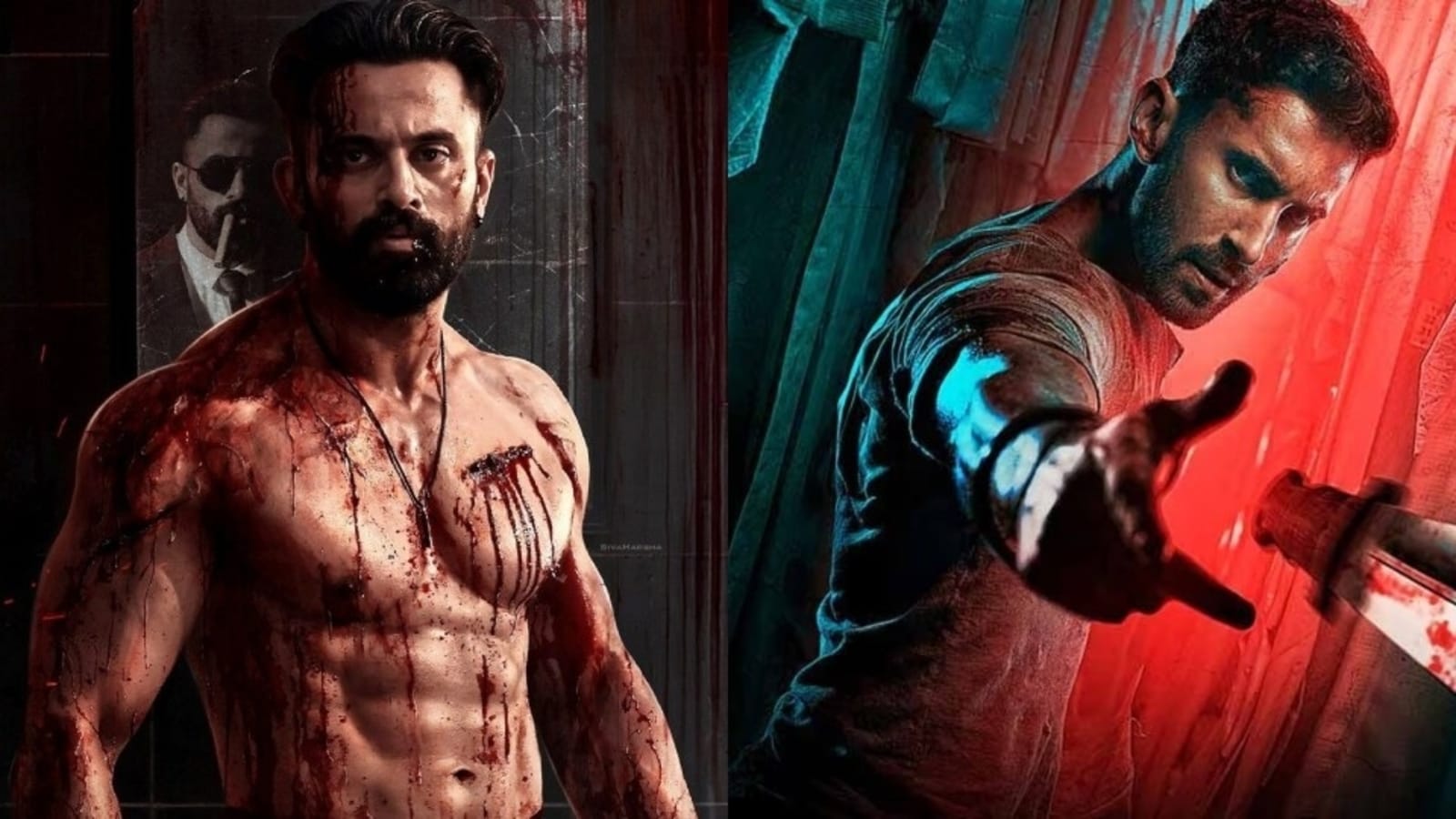Haneef Adeni’s Malayalam film Marco, starring Unni Mukundan, has sparked intense reactions, reminding us of a time when cinema was capable of overwhelming audiences and provoking extreme responses. Headlines such as “A woman threw up on my shirt” and “It’s not for the faint of heart” capture the essence of the buzz surrounding the film, not unlike the reactions to The Exorcist (1973), which made viewers faint, vomit, or leave midway. Unni Mukundan and Lakshya shine in their lead roles, but the most attention-grabbing aspect of Marco is its unrelenting violence, which has fueled its widespread controversy.
The movie centers around a violent gangster, Marco, on a quest to avenge the death of a loved one while also attempting to protect what remains of his family. From chainsaws to acid and gas cylinders, Marco presents a chilling display of destruction that’s sure to leave audiences disturbed. The violence pushes boundaries in ways rarely seen in Indian cinema, especially when it reaches its crescendo in a particularly shocking scene where a house is drenched in blood, a scene so intense it’s resulted in people fainting and vomiting in theaters. Yet, beneath the blood and gore, Marco lacks the emotional depth, coherent narrative, and clever writing that might have otherwise elevated it to a more compelling film. The performance is strong, but the focus on shocking the audience with graphic violence overshadows the emotional connection needed to make the story truly resonate.
While Marco is groundbreaking in its approach to gore, it offers little in terms of substance, emotional weight, or a nuanced character arc for its protagonist. Marco’s dedication to his family is commendable, but his backstory feels underdeveloped, which detracts from the emotional impact of his journey. In contrast, Nikhil Nagesh Bhat’s Kill (2024), starring Lakshya and Raghav Juyal, stands out as a more well-rounded narrative. With a limited setting on a train, Kill maintains a strong focus on character development and emotional stakes, making the violence more impactful and earned. The film crafts a compelling hero in Lakshya, an army officer who audiences can root for, while also exploring the complex nature of Raghav’s villainous character, making their relationship one of love and hate.
Ultimately, while both Marco and Kill deliver intense violence, Marco often feels gratuitous in its depiction of torture, targeting innocent people without the justification of a deeper narrative. In comparison, Kill offers a more restrained and emotionally charged approach to its violent themes. While Marco may have made its mark in terms of pushing the boundaries of gore, its lack of emotional depth and character development holds it back. However, Marco deserves recognition for stepping into uncharted territory and generating a massive response, both critically and commercially. With its increasing international reach and strong box office performance, it marks a new era for Indian cinema in terms of gore, setting the stage for future films to explore similar territory.
